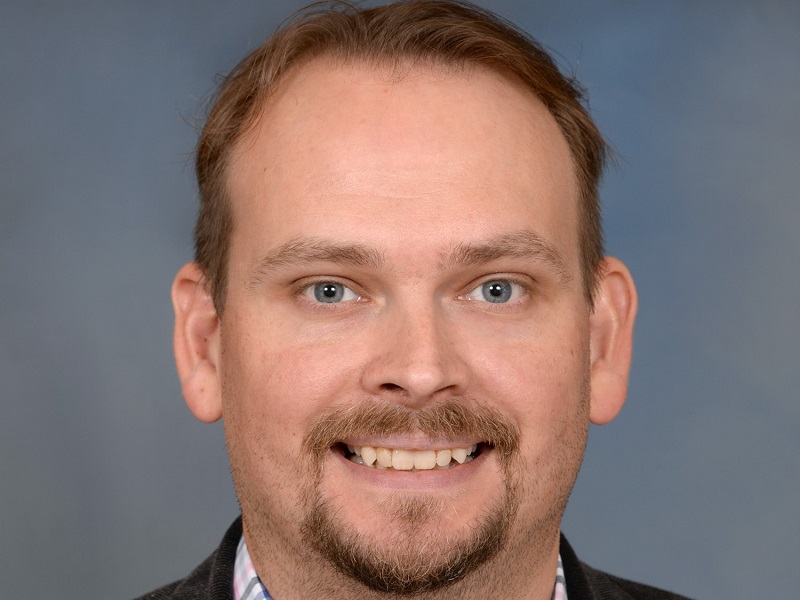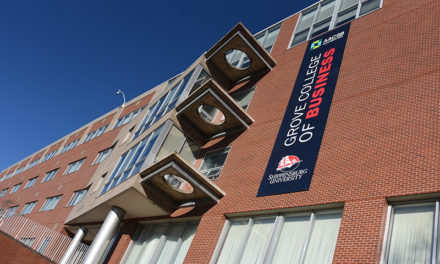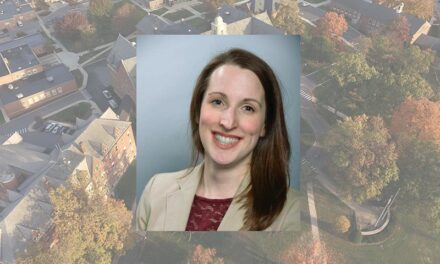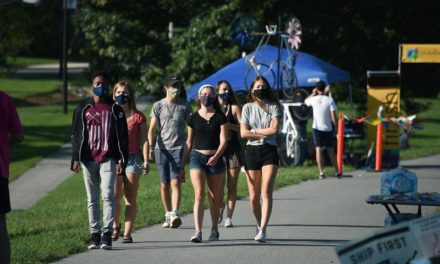With a background and research interest in hate crimes in America, Dr. Matthew Fetzer, associate professor of criminal justice, works with students to recognize and understand their biases. Fetzer is on sabbatical this semester working on a research book with his colleague that measures hate crimes in the US. For many students, his class is an eye opener.
“I’ve been doing the class for two to three years, and I developed it for our program because it is necessary. If you pay any attention to the media, there are a lot of issues with hate crimes in our society,” Fetzer said. “There are a lot of questions about why that is, and what’s going on with our environment when you’d expect that hate crimes should actually be decreasing.”
Recently, the FBI issued a warning about a possible increase in anti-Asian hate crimes due to the connection with the orientation of coronavirus, Fetzer said. Other national or international events have sparked hate crimes with certain races or ethnic groups, for example, when hate crimes increased against Arab/Muslim groups after 9/11. Fetzer noted that, unfortunately, it is too early to tell if anti-Asian hate crimes have increased at this time because the FBIs crime statistics are typically about a year behind.
Fetzer’s interest and expertise in biases and hate crimes initiated with his prior position as a policy analyst for the Division of Criminal Justice Services in New York State. “It just works out that the publication with research I’ve been doing in the field, why not bring that to the classroom?”
The class covers all aspects of hate crime, related legislation, and trends around the country. As part of the course, students complete the Harvard University Implicit Association Test (IAT), which measures stereotypes and biases. “We use it as a self-reflection,” Fetzer said. “I ask if they agree with the results, and are they surprised by them.”
When students show an implicit bias, Fetzer discusses with them why that might be—it might be passed on by parents, or growing up in a neighborhood with little diversity. “That brings it full circle,” he said, “to self-reflect and look deeper, and realize that if you have this bias, you can change it, work on it, and be cognizant of it.”
For Fetzer, making that progress often comes down to the Golden Rule. “Treat everyone how you would want to be treated,” he said. “It simplifies everything and shows empathy.”





